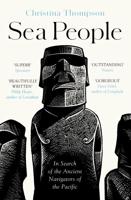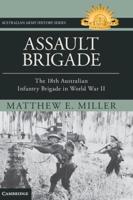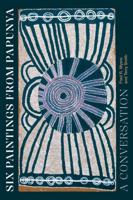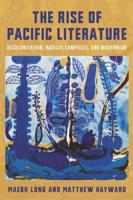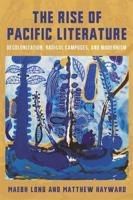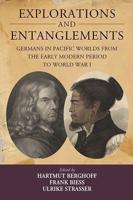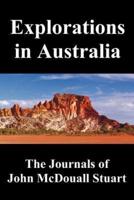Publisher's Synopsis
The Explorers of Australia and Their Life Work by Ernest Favenc is a comprehensive account of the exploration of Australia by European explorers. The book provides a detailed and engaging narrative of the journeys of explorers such as Captain James Cook, Matthew Flinders, and Charles Sturt, among others. It covers the period from the early days of European settlement in Australia to the 19th century, when much of the interior of the continent was still unexplored.The book not only describes the explorers' journeys and discoveries but also delves into their personal lives and motivations. Favenc explores the challenges they faced, including hostile terrain, harsh weather conditions, and encounters with indigenous peoples. He also examines the impact of exploration on Australia's history, culture, and identity.The Explorers of Australia and Their Life Work is a well-researched and insightful book that provides a fascinating glimpse into the history of Australia's exploration. It is a must-read for anyone interested in Australian history, geography, or exploration.Rumours of a mysterious river called the Kindur, which was said, on no better authority than a runaway convict's, to pursue a north-west course through Australia, now began to be noised about. This convict, whose name was Clarke, but who was generally known as the Barber, said that he had taken to the bush in the neighbourhood of the Liverpool Plains, and had followed down a river which the natives called the Gnamoi. He crossed it and came next to the Kindur. This he followed down for four hundred miles before he came upon the junction of the two.This scarce antiquarian book is a facsimile reprint of the old original and may contain some imperfections such as library marks and notations. Because we believe this work is culturally important, we have made it available as part of our commitment for protecting, preserving, and promoting the world's literature in affordable, high quality, modern editions, that are true to their original work.

